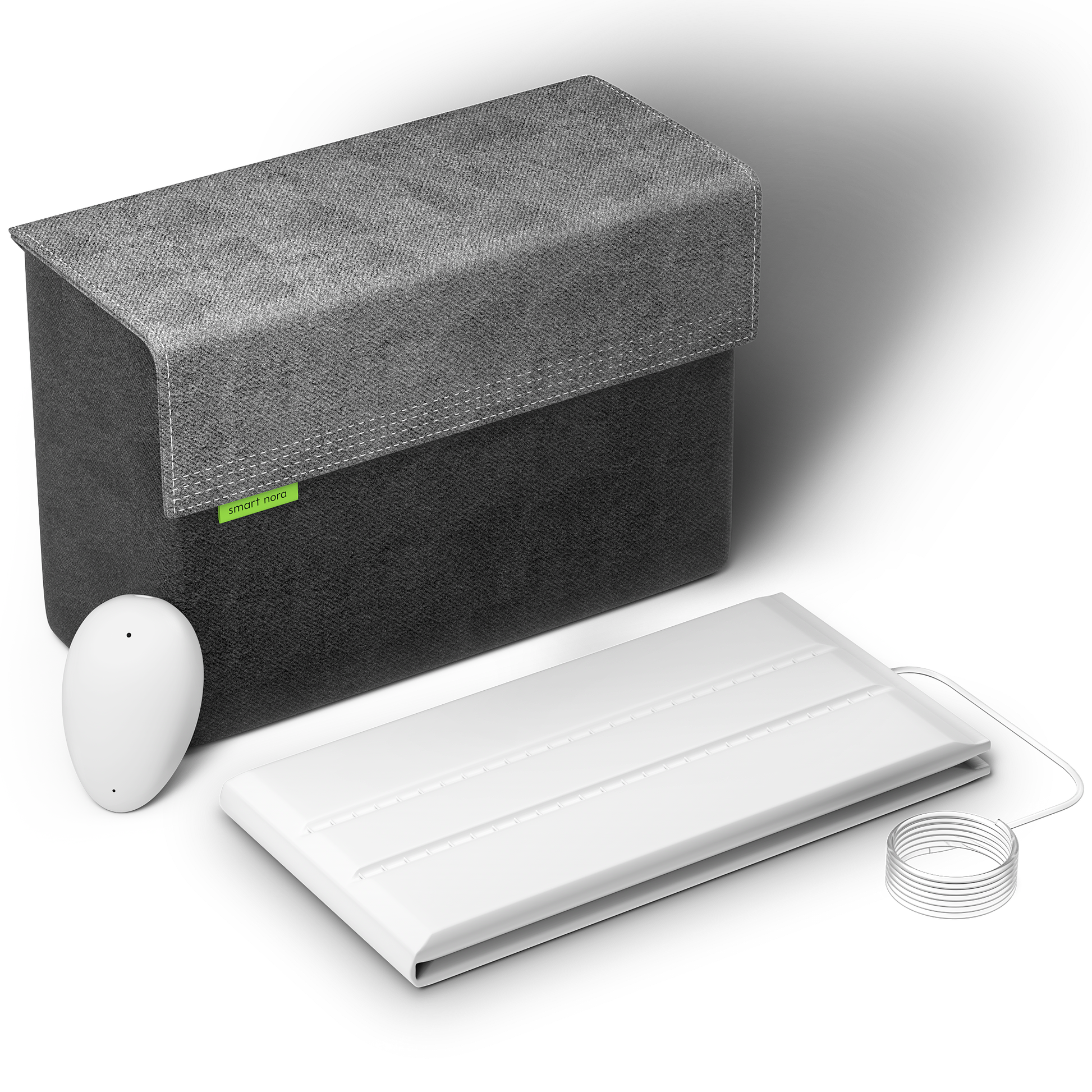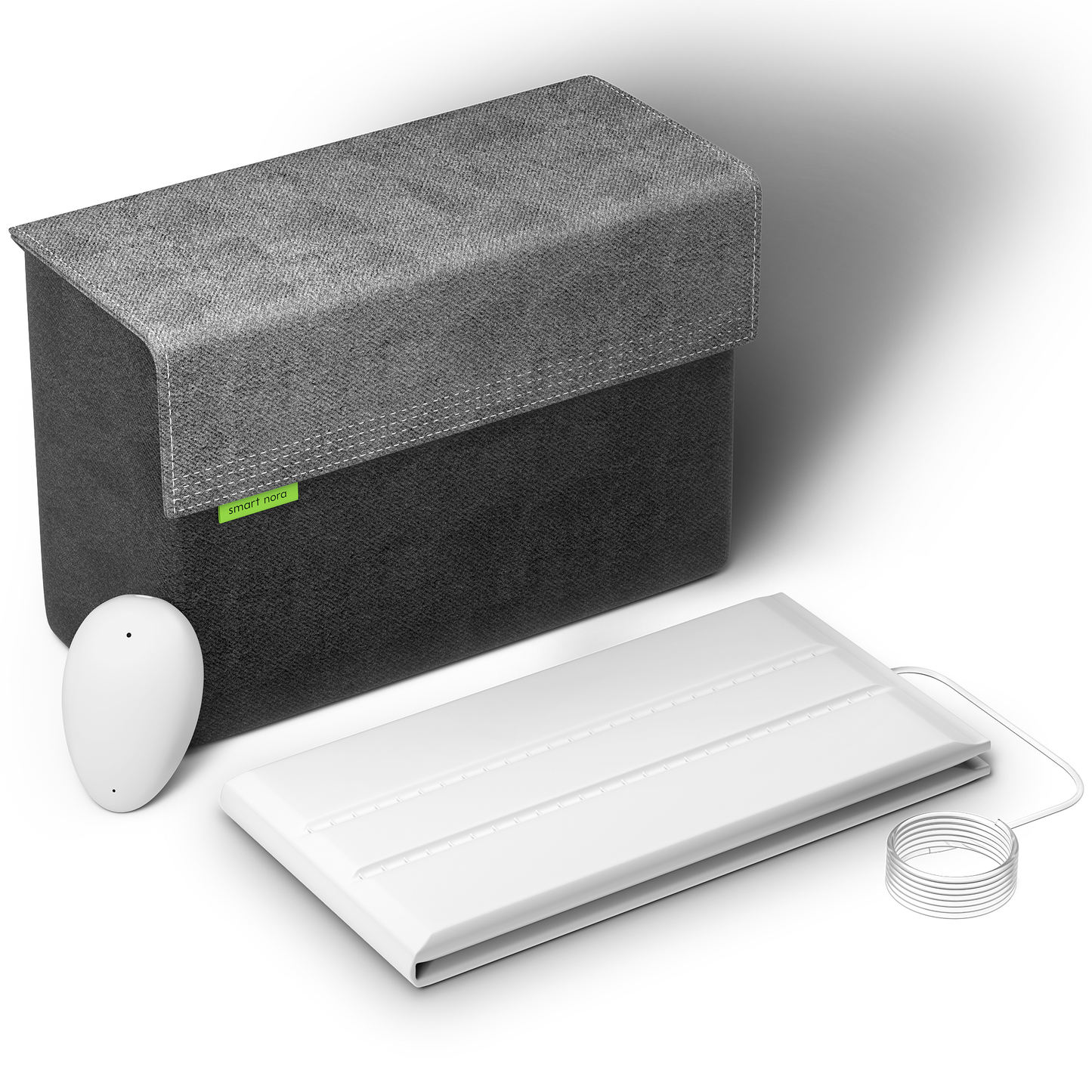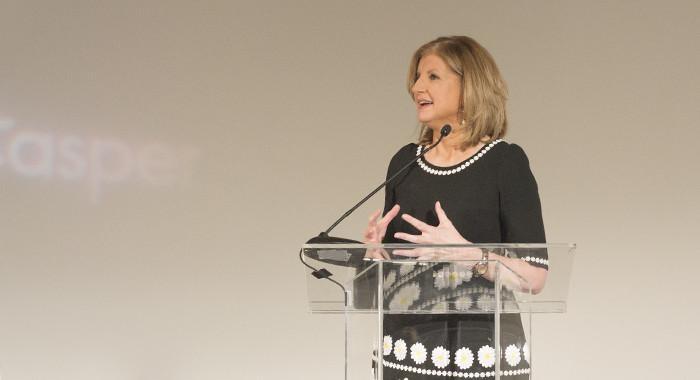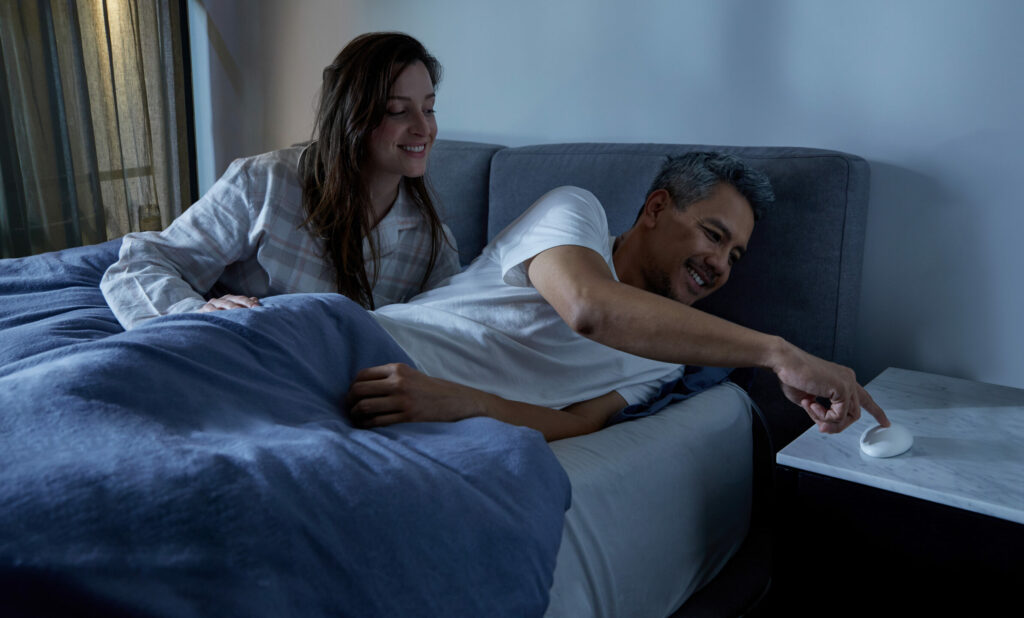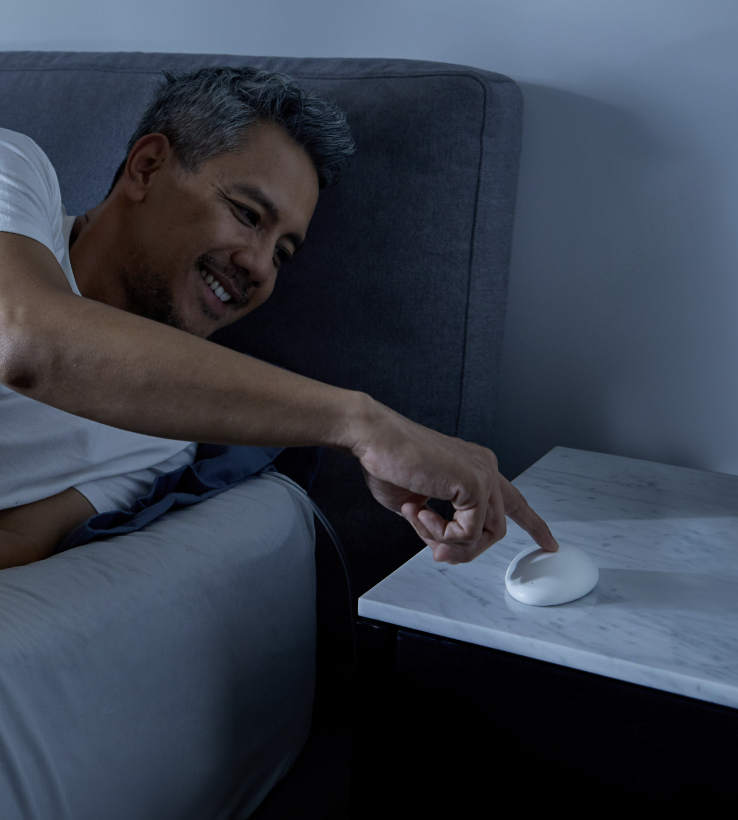Last week we headed over to New York City to attend Casper's Sleep Symposium, featuring a roster of diverse speakers who had come together to draw attention to our culture of sleep. From Arianna Huffington (kicking off the conversation with an introduction to her latest book, The Sleep Revolution) to Dr. Michael Breus (discussing good sleep practices), to the much-too-sympathized-with sleep zingers of Reggie Watts, it was encouraging to be surrounded by a variety of journalists, artists and medical professionals who were just as passionate about improving the quality of our sleep.


The panels drew attention to a number of issues, ranging from harmful evening habits, to the effects of sleep deprivation on health and creativity, to the impact of an environment on our sleep. Some of the highlights included a resounding agreement on the inefficiency of snoozing alarms. To shock your body again and again into awareness, rather than allowing for more uninterrupted rest by setting an alarm for the last possible moment to wake, was a particularly (and hilariously) sore topic for multiple speakers.
The effects of light on our circadian cycles was also a recurring theme. Encouraged practices to counter its effects included being conscious of our bodies’ exposure to light; particularly receiving plenty of sunlight shortly after waking up (to increase energy and alertness) and avoiding blue light up to one hour before going to bed. Even wearing orange glasses during that time could drastically improve our sleep. Also discussed was the importance of built environments on our sleep, both in the bedroom and in our daily settings (such as the workplace). Of particular interest was the fascinating work of Delos, a Wellness Real Estate company committed to creating indoor environments that focus particularly on improving our health and well-being.








